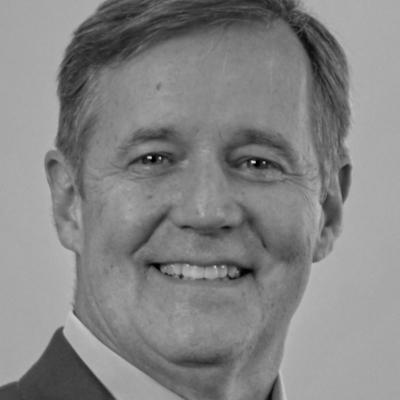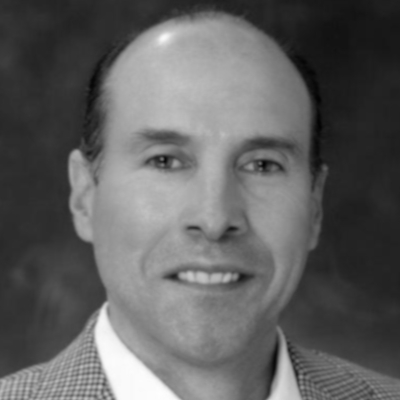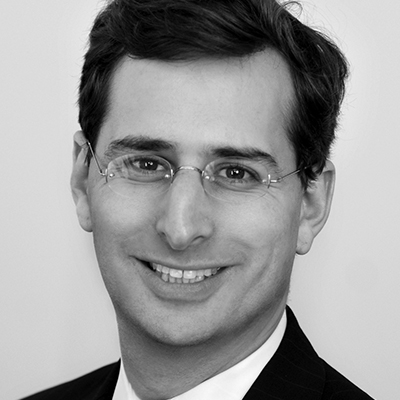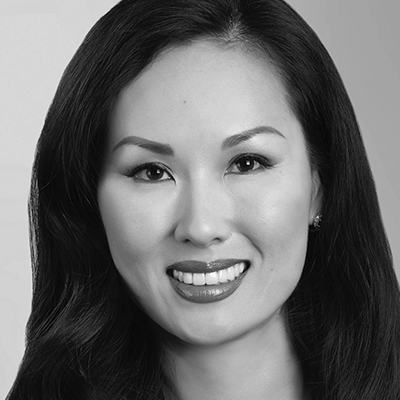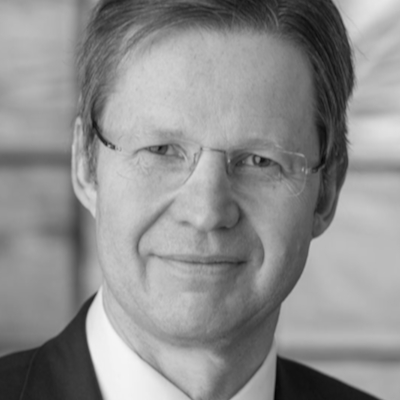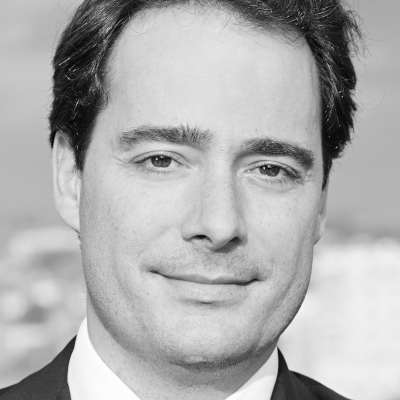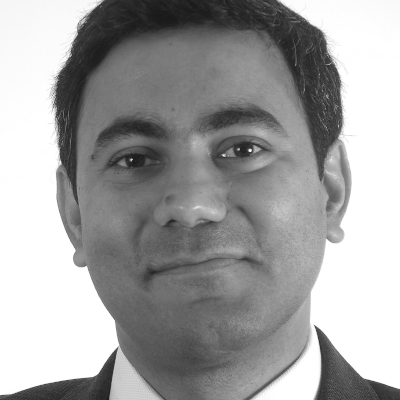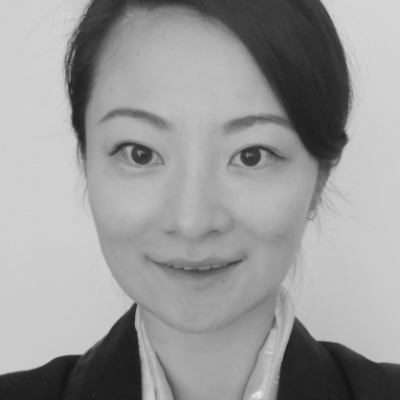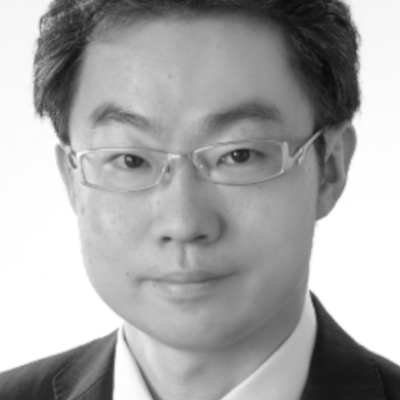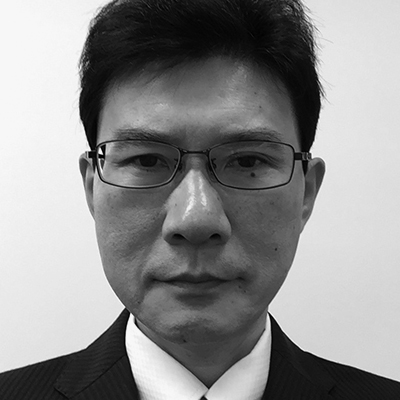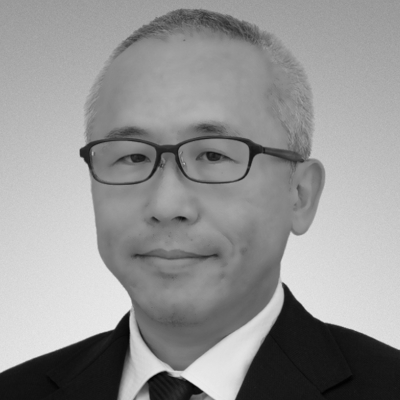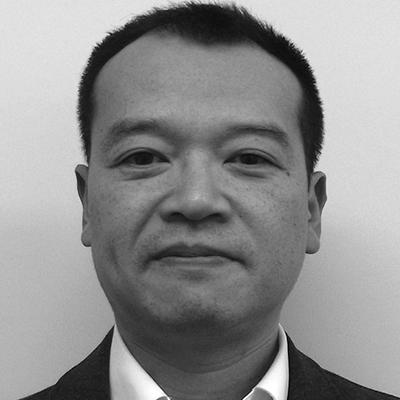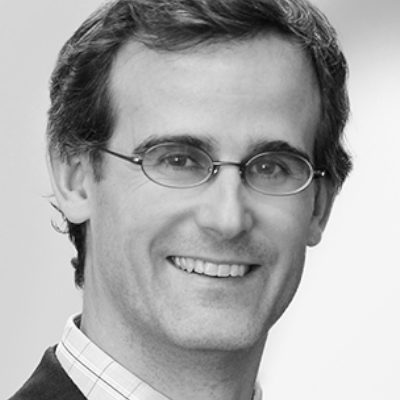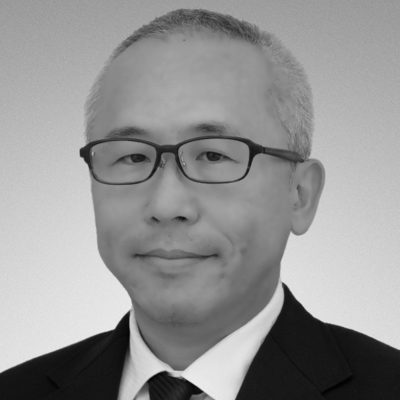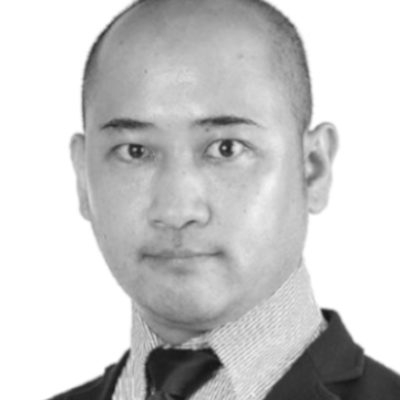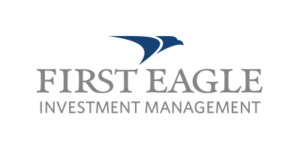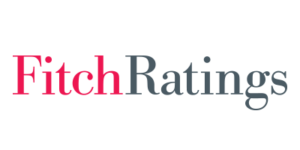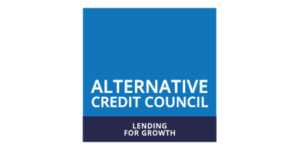日本の資本と世界のプライベートデットの架け橋
2019年11月5日に初めて開催されるPDI 東京フォーラムでは、150を超える日本の最も積極的な対外投資家と民間信用市場における世界のGPが一堂に会し、プライベートデット市場における最新トレンドの分析や新たなグローバル投資機会の検討を行い、ビジネス成長に有益なつながりの構築を図ります。
地方公務員共済組合連合会(地共連)によるプライベートコーポレートデット投資の開始、その既存のプライベートローン投資残高、および年金積立金管理運用独立行政法人(GPIF)による国際金融公社(IFC)と日本政策投資銀行(DBJ)との7,340万ドルの直接共同融資という最近の報道を受け、日本の機関投資家は低金利状況において高利回りを獲得すべくオルタナティブ投資を拡大させています。
最も権威ある一流のデット専門誌とされるPrivate Debt Investor誌の地位を活用したこのフォーラムは、日本の最大手のLPと貴社をつなぎ、最も有力なグローバルGPとインサイトを交換するためのゲートウェイとなります。2019年に投資戦略を強化し資金調達に弾みをつけるまたとない好機です。
主な講演内容:
- 日本のLPのリスク選好のシフトとグローバルファンドマネジャーに求めるもの
- 先進市場におけるデットの状況:取引、運用、リターン
- アジア投資家間での不動産デットの増加
- 大手GPとのアイデア交換:競争力を維持する方法
- 民間信用市場で希少な投資機会を開放する方法
- 日本の投資家向けファンドのストラクチャリング:規制面での要件および市場リスクの軽減方法
- メザニン融資とダイレクトレンディングのケーススタディ
- 苦境にあるポートフォリオを成功裏に運用する方法
イベントの対象者
投資家
日本でプライベートデットに特化した唯一のカンファレンスとして、当フォーラムは最も有力なグローバルGPと交流し、市場の最新トレンドについて同業者と知見を交換し、そして2019年およびそれ以降に人気の上がる投資機会について話し合う場をご提供します。
ファンドマネージャー
80名以上のLPが参加する当フォーラムは、日本の巨大な機関投資家と親睦を深め、ファンドマネジャーの選考方法について学ぶだけでなく、つながりを構築して、資金調達を推進できる絶好の機会です。
サービスプロバイダー
自社のスキルとサービスのパッケージを世界150のシニアプライベートデット専門家に示して、民間信用とレンディング市場でビジネスを成長させませんか。
参加者の声
Qianru Yang
Keppel Capital
よく考慮された関連性の高い内容です。この資産クラスに関する投資家の考えについて良好な洞察が得られます。
Ryoko Katayama
Topaz Capital
非常に良く構成されたカンファレンスです。アセットに関する主要参入者とのコネクションや洞察を得られる好機です
Harald Eggerstedt
Towers Watson
これまで出席した中で、PDIのイベントほどプライベートデット投資とストラクチャリングの専門知識を統合したカンファレンスは他にありません
成長機会の推進
地方公務員共済組合連合会(地共連)によるプライベートコーポレートデット投資の開始、その既存のプライベートローン投資残高、および年金積立金管理運用独立行政法人(GPIF)による国際金融公社(IFC)と日本政策投資銀行(DBJ)との7,340万ドルの直接共同融資という最近の報道を受け、日本の機関投資家は低金利状況において高利回りを獲得すべくオルタナティブ投資を拡大させています。日本の投資家と親睦を深め、2019年以降に事業を成長させる絶好の機会です。
グローバル市場のインテリジェンスにアクセス
最も権威ある一流のデット専門誌とされるPrivate Debt Investor誌の地位を活用したこのフォーラムが、世界中のシニアプライベートデット専門家からの最も独占的な分析と比類のないインサイトをご提供します。
最新のPDI 50調査によると、プライベートデット市場は安定しており、今後は地域固有のファンド投資機会が高まると見られています。
出典:PDI 50ランキング
*PDI 50は過去5年間に最も資金を調達したプライベートデッドのファンドマネジャー上位50名のランキングです。
プライベートデットのリーダーと交流しましょう
150名以上
プライベートデット専門家
80名以上
LP
GP:LPの比率は
2:3
つながりを拡大。機会を推進。
Private Debt Investors誌の調査チームによる最新の調査では、プライベートデットのLPはより多くのGPとの関係を構築することを望んでいることが示されています。
出典:Private Debt Investor誌の調査
日本の最高のエリートコミュニティに参加し、プライベートデットの将来を形成しませんか。
プライベートデットにおける世界各国の上級意思決定者150名以上が結集するPDI 東京フォーラムに参加して、プライベートデットの将来を形成する機会を話し合うとともに、機関投資家やファンドマネージャーと貴重な関係を構築しましょう。下記から当社の東京イベントの機関投資家参加者リストをダウンロードしてください。
講演内容(仮)
お問い合わせ: Niann Lai niann.l@peimedia.com
Agenda
講演内容(仮)をダウンロード - Tuesday 5th
受付登録およびネットワーキング
PEIからの歓迎および開会のご挨拶
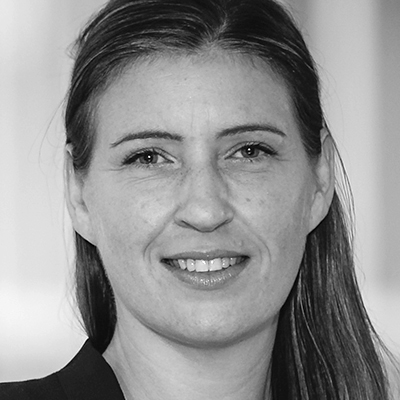
基調講演:民間信用市場における規模と秀でた調達力の価値
- 保証人なしの直接融資:調達力だけでなく、執行方法が重要
- 有り余る債券資本 – 規模を競争上の優位性として活用
- 効率的な貸付市場で持続的に超過収益を得る機会
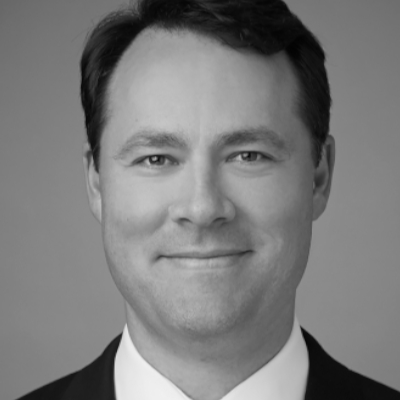
Michael Patterson
Governing Partner and Global Head of Direct Lending, HPS Investment Partners
Read bio開会のパネルディスカッション:グローバル債券に関する詳細分析
- より広範なポートフォリオ内におけるプライベートデットの役割
- グローバル債券独自の世界的課題への対処起債条件の厳格化やディール調達機会の限定 – これらがリターン期待にどのように影響するのか
- グローバル金融危機から学んだ教訓
- 投資家にとって不動産デットはどういった位置づけなのか?

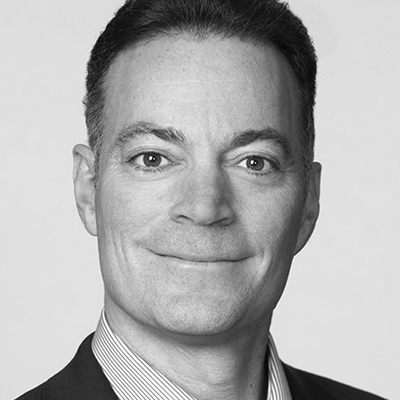
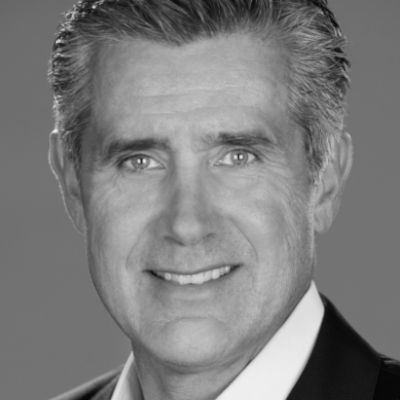
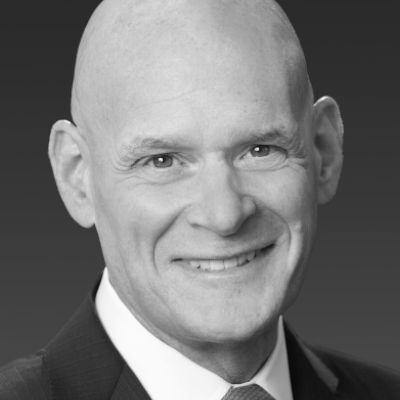
Randy Schwimmer
Senior Managing Director, Head of Origination and Capital Markets, Churchill Asset Management
Read bio基調講演:適切な債務戦略
- プライベートデット市場の進化とファンド構造の多様化
- ファンドマネージャーを見つける際にLPが求めるべきこと
- ケーススタディ:複雑な債務再編取引への投資 – ユニトランシェのリスクと可能性
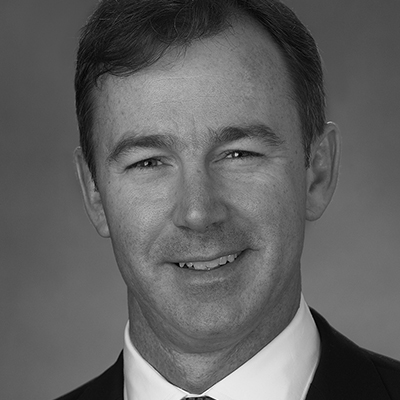
Tom Connolly
Chief Investment Officer and Head of the Global Private Credit Group in Goldman Sachs’ Merchant Banking Division, Goldman Sachs Group
Read bioネットワーキング休憩
パネルディスカッション:特集:米国におけるミッドマーケットダイレクトレンディング
- ミッドマーケットにおける投資の原動力とは?ミッドマーケットの上限と下限における、取引、可視性、条件、リターンの状況は?
- ミッドマーケットと中小企業の領域における、シンジケートレンディングとプライベートマーケットレンディング間のトレードオフとは?
- ミッドマーケットレンディングのダイナミクスは、プライベートデットの全体的なサイクルとどの程度一致しているのか?
- ダイレクトレンディング市場は飽和状態なのか?マネージャーはどのようにして競合他社との差別化を継続できるのか?
パネルディスカッション:特集:欧州におけるミッドマーケットダイレクトレンディング
- 欧州投資の機会と潜在的ハードル – 市場の分割、管轄区域、ブレグジット、銀行とオルタナティブ貸手の比較
- ミッドマーケットの上限と下限における、取引、可視性、条件、リターンの状況は?
- ミッドマーケットと中小企業の領域における、シンジケートレンディングとプライベートマーケットレンディング間のトレードオフとは?
- 欧州ダイレクトレンディング市場の将来の見通し – 成長、LP、アセットクラスの細分化、市場の統一

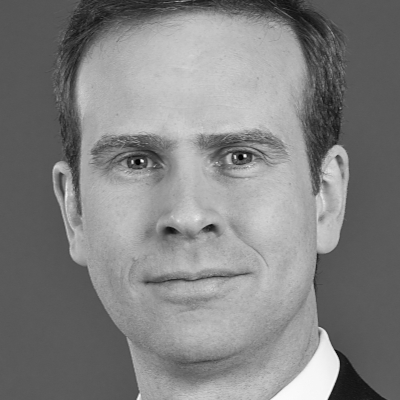
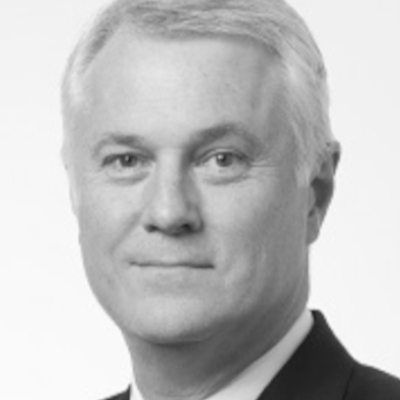
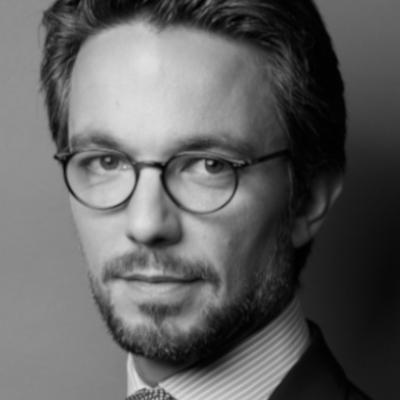
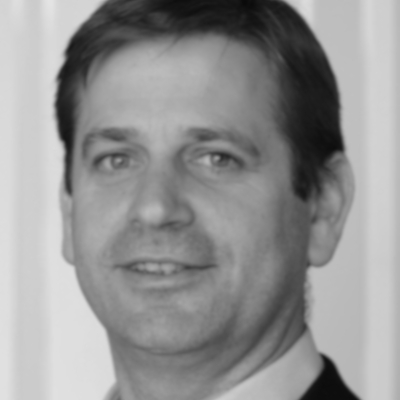
パネルディスカッション:ディストレスト債やスペシャルシチュエーションズから運用、価値を付加、最大リターンを生み出すための効果的な方法
- アジアや欧州諸国は不良債権問題にどのように対応して融資を実行しているのか?
- リターンの期待を満たすディストレスト債、スペシャルシチュエーションズ、不良債権のエグジット戦略:利用可能なオプションは何か?
- 現在、経済サイクルのどの時点に来ているのか? より広範な経済状況において、債券のスペシャル・シチュエーションズはどのように変化するのか?
ネットワーキングランチ(HPS主催)
欧州のダイレクトレンディング:ダウンサイドリスクに対する投資家の懸念への 対処法
- 過剰な手元資金 – 市場は過密状態なのか?
- 緩和が続く貸出条件 – ダイレクトレンディングの貸手はLPを保護するために緩和条件を維持しているか?
- クレジットリスクが接近中 – 貸手は景気後退の可能性がある場合に債務の整理を行う準備ができているのか?

パネルディスカッション:シニア債務とオポチュニスティック・クレジット戦略の比較
- 現時点でのシニア債務の魅力とは?シニア債務貸手にとっての債務の整理および再編プロセスとは?
- 他の選択肢として何があるか?
- 現在のクレジットサイクルにおいて、各戦略が投資家のポートフォリオ内でどのような役割を果たしているのか?
- マネージャーのデリジェンスを行う方法、ディールの調達を評価する方法、引受能力を評価する方法
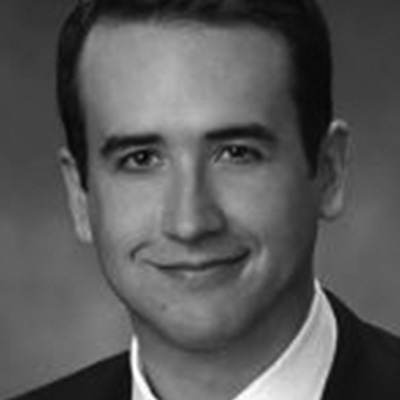
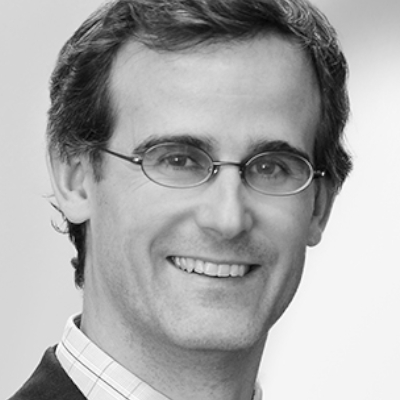

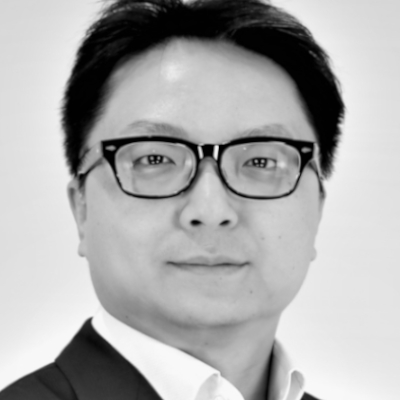
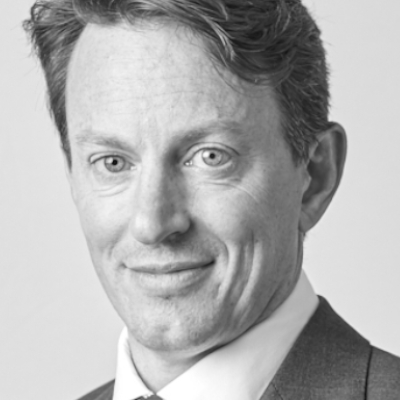
ネットワーキング休憩
パネルディスカッション:日本で資金調達する注意事項
- プライベートデットにおける機会:アジアおよびアジア以外の地域と比較した際の日本の状況とは?
- 日本における資産運用会社や証券会社の役割とは?各会社はどのように機能しているのか?
- プライベートデットとプライベートエクイティとの関係 – 日本においてより魅力のあるセクターとは?
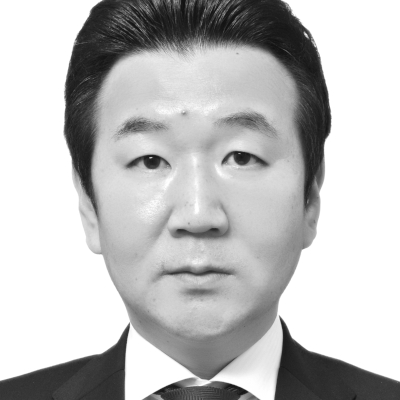
Yasuyuki Tomita
Executive Director, Head of Private Equity Investments, Japan Science and Technology Agency (JST)
Read bio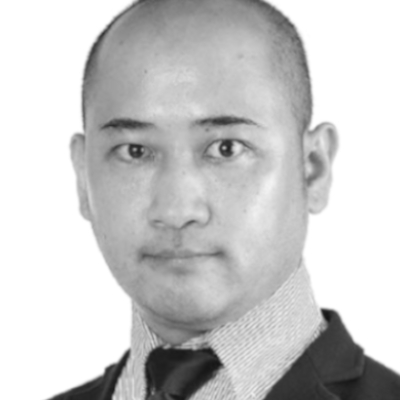
Hisanori Takata
Co-founder and Managing Partner, Tokyo University of Science Innovation Capital
Read bio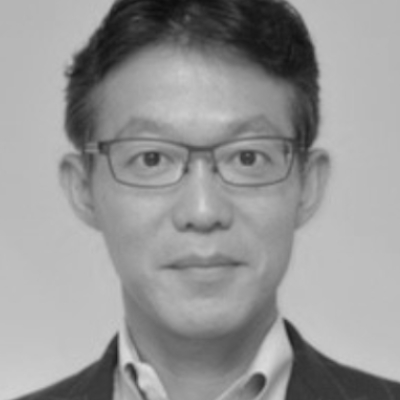
Reijiro Samura
President and Chief Executive Officer, Chief Investment Officer, Alternative Investment Capital
Read bio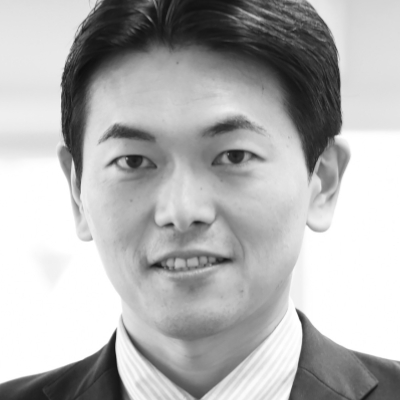
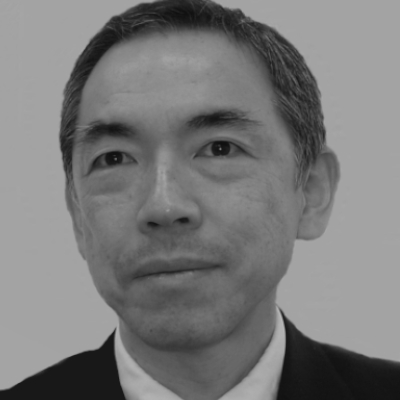
閉会のパネルディスカッション:日本のLPのプライベートデットに対する見解
- 投資家にとっての魅力的な戦略や優先事項とは何か?日本の投資家が好むリスク選好や地域とは?
- 最近の世界的な動向により、日本の投資家はいかにしてプライベートデットを追求するようになったのか?
- ファンドマネージャーの選定方法:資本管理に最適な人物 – 単一戦略のファンドマネージャー、マルチアセット運用ファンドマネージャー、複数戦略のファンドマネージャーのいずれを選ぶべきか?
フォーラム終了とカクテルレセプション(MGG主催)
フォーラムの講演者になりたいですか?
プロデューサー Ms Niann Laiに電子メールでご連絡ださい: niann.l@peimedia.com.

Tom Connolly
Chief Investment Officer and Head of the Global Private Credit Group in Goldman Sachs’ Merchant Banking Division, Goldman Sachs Group
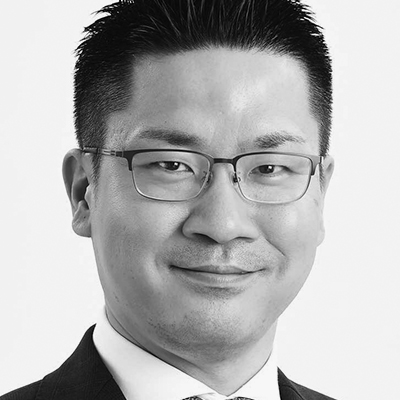
Yoshifumi Kida
Manager for Foreign Equity and Alternative Investment Department, Nippon Life Insurance

Reijiro Samura
President and Chief Executive Officer, Chief Investment Officer, Alternative Investment Capital

Randy Schwimmer
Senior Managing Director, Head of Origination and Capital Markets, Churchill Asset Management
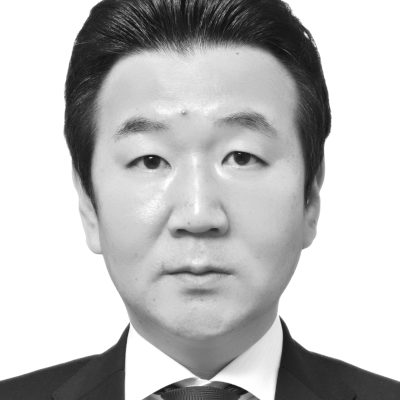
Yasuyuki Tomita
Executive Director, Head of Private Equity Investments, Japan Science and Technology Agency (JST)
Pre-Event Resources
PDI 東京フォーラムのパートナー
2019年 PDI 東京フォーラムは、150名を超える世界各国のプライベートデット上級意思決定者の間で組織の認知度を高める独特の機会を提供します。
のスポンサー シップパッケージにつきましては、スポンサーシップチームまで電子メール(asiasponsorship@peimedia.com)またはお電話(+852 2153 3846)にてお問い合わせください。
お問い合わせ
Private Debt Investor Conference
asiaevents@peimedia.com
Japan’s Chikyoren to hire private debt managers for the first time
The $217bn public pension fund is adding private corporate debt to its portfolio as part of a five percent allocation to global alternatives.
By Adalla Kim | 20 July 2018
![]()
Japan’s Pension Fund Association for Local Government Officials, known locally as Chikyoren, has issued a Request for Proposals (RFP) as it searches for private debt, infrastructure, real estate, and private equity investment managers in Japan and overseas, according to its latest announcement. The RFP includes the first mandate dedicated to private debt investments.
Chikyoren is looking to invest in both domestic and offshore private debt via asset managers. Qualifying managers should have assets under management of over 100 billion yen ($885 million; €762 million) as of end-March, including the amount managed via trust accounts, the announcement states.
A senior investment officer overseeing the hiring process told PDI that Chikyoren is looking for private corporate debt opportunities both in the US and Europe.
Its prospective total commitment to alternatives will be made from one of two accounts being managed by the association. “The size of this capital pool accounts for five percent of our total assets under management,” the officer noted.
Its current exposure to alternatives stands at 0.4 percent, while the maximum allocation for alternatives is set at five percent of total assets – representing about 1.2 trillion yen ($10.7 billion; €9.1 billion) of its 23 trillion yen in total assets under management, as of end-March (the fiscal year 2017 ends on 27 March).
Further details regarding selection process and return expectations were not disclosed. There is no set deadline for submission of proposals nor a pre-determined commitment size for each mandate.
Chikyoren’s manager registration system operates on a rolling basis, similar to that of its larger peer, the Government Pension Investment Fund (GPIF) of Japan, which accepts proposals all year round and makes investment decisions accordingly.
It has gained exposure to illiquid credit via infrastructure debt and real estate debt investments.
Between June 2016 and March 2018, Chikyoren invested a total of 18.3 billion yen through four overseas infrastructure mandates, according to its latest annual report available only in Japanese.
These include a 3.4 billion yen commitment to Mitsubishi UFJ Trust Bank targeting European regulated assets, which delivered an annualised return of five percent in the fiscal year 2017.
A 3.5 billion yen mandate with JPMorgan Asset Management to invest in core infrastructure in OECD countries delivered an annualised return of 10.3 percent, while a 1.5 billion yen investment with Tokio Marine Asset Management targeting Australian assets, had generated a negative annualised return of 1.42 percent between July 2017 and March 2018.
The largest mandate of 9.9 billion yen landed with Mizuho Global Alternative Investments to invest in infrastructure debt globally. That had delivered a return of 0.77 percent during the last fiscal year.
The public pension has also awarded five real estate mandates for overseas and domestic investments and two domestic private equity mandates over the past two years.
Chikyoren manages the second largest pension pool in Japan after after the $1.4 trillion sized GPIF. Its assets come from pension reserves for members of local government organisations. It is the first among public pensions to issue an RFP for alternative investments in a bid to diversify its portfolio from a long-term investment perspective.
Why more Japanese investors are demanding real asset loans
These institutions prefer floating rate-based loans to mitigate foreign currency hedging risks.
By Adalla Kim | 3 August 2018

More Japanese institutions are part of the alternative credit landscape this year.
Following Pension Fund Association for Local Government Officials’ announcement last month regarding its planned debut in private corporate debt investment, the world’s largest pension fund, Government Pension Investment Fund (GPIF), confirmed to PDI this week that it has existing exposure to alternative lending via a trust account.
GPIF’s commitment, sized at ¥8.2 billion ($73.4 million; €63.4 million), is for a direct co-investment along with International Finance Corporation and Development Bank of Japan, according to a spokesperson from the pension administrator.
It classifies this investment as an international equity allocation given its asset mix criteria as the commitment is held in a trust. A senior officer from IFC Asset Management Company declined to disclose details on investment targets and the name of the vehicle.
Regardless of which classification investors choose to record their investments, one notable theme seen among Japanese institutions that PDI spoke with is that they prefer lending against real asset collateral when making alternative credit investments.
“We are interested in real asset loans such as project-based debt financing,” said a senior offshore alternative investment officer from a Japanese institution who asked not to be named. He added that to achieve higher returns from private credit markets, his organization had chosen real estate debt and infra debt strategies.
Another example is Japan Post Bank, one of the two units of Japan Post Holdings, a holding company overseeing postal, banking, and insurance businesses. Its current alternative credit investment exposure includes mezzanine debt, distressed debt, infrastructure debt, and real estate debt fund commitments.
PDI understands that Japan Post Bank prefers non-recourse loans for real asset debt strategies as the bank seeks low correlation with systematic risk and underwriting based on the projected cash flow from specific transactions only.
Japan Post Bank also disclosed its existing exposure to senior secured direct lending funds, according to its latest mid-term management plan published on 15 May. It revealed to Private Equity International, a sister publication of Private Debt Investor, in March that it will focus on the US and European direct lending markets to seek a meaningful liquidity premium in exchange for the risk.
Although detailed figures were not disclosed, the bank plans to ramp up its alternative investments, targeting four percent of its total investment portfolio by end-March 2021.
Japan Post Bank’s alternative exposure is sized at 8.5 trillion yen ($76.1 billion; €65.5 billion) or one percent of its total portfolio assets as of end-March, according to the material.
INFRASTRUCTURE DEBT
Infrastructure debt is an asset class that has been attracting Japanese investors for the last five years.
Most recently, Dai-ichi Life Insurance Company, known as one of the most active Japanese institutions in alternative investments among its peer group, disclosed its anchor commitment of £70 million (¥10 billion; $92.4 million) to M&G Infrastructure Loan Fund.
The loan fund is a European infrastructure debt fund launched in March, targeting project finance loans and bonds for public-private partnerships (PPP) and infrastructure projects in Europe.
Jack Wang, a fund manager at Mizuho Global Alternative Investment, a Tokyo-based investment arm of Japan’s Mizuho Financial Group told PDI in April that it is possible for investment managers to mitigate cyclicality of the global credit market at a degree by investing in assets with long-term contracts with strong counter parties.
A deputy general manager in the offshore alternative investment team from a Japanese insurance firm told PDI that the insurer has committed to infrastructure debt, mezzanine debt, and direct lending strategies. He added that it has been expanding its investment in alternative investments to generate yield amid the low interest rate environment.
However, there are at least two aspects of infrastructure debt investment that investors should be especially careful about. “We should assess how vulnerable the project itself would be and what the structure of these projects is like in the initial stages,” Wang added.
According to a director of a Japanese institution who oversees offshore alternative investments, the biggest concern he has when looking at investment opportunities is the cost of hedging the Japanese yen against foreign currencies, adding that, whether or not general partners can provide a forex hedging solution is an important consideration.
Two industry practitioners told PDI that now, investors have to discount as much as 200 or 250 basis points on foreign currency exchange risk against the US dollar. “That is a significant effect on our investment returns,” one source added.
Given this, Japanese investors are watching out for US interest rate changes given that the foreign currency hedging cost results from a gap in the interest rates between the two countries. This has implications for the higher return expectations from overseas investment among Japanese institutions.
“Almost all Japanese investors have exposure [to these assets] in [Japanese] yen. They prefer a floating rate-based return structure as this feature can naturally hedge some of the costs borne by currency hedging,” Wang said.




















